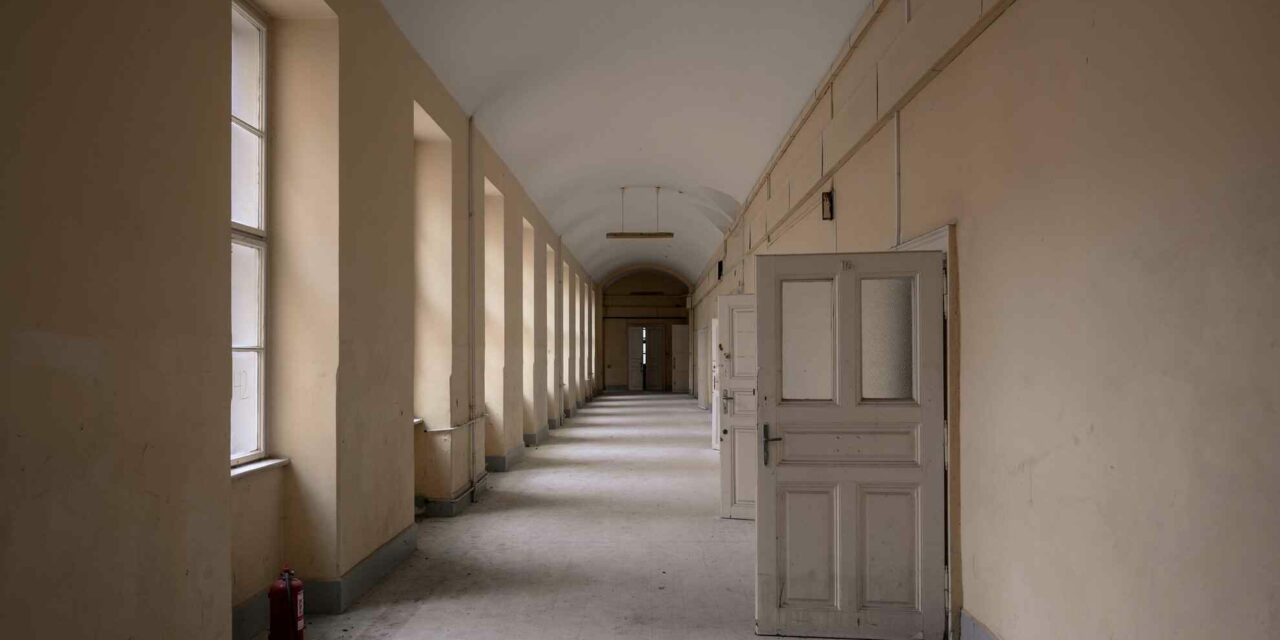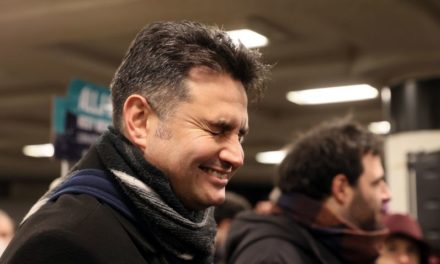The case of the police murder in Újbuda also confirms the blunder of the Gyurcsány government.
The case of the police murder in Újbuda proved once again: the closure of the National Institute of Psychiatry and Neurology was a huge mistake on the part of the Gyurcsány government, and the real reasons for their decision are still shrouded in obscurity. The already deficient psychiatric care was further worsened by the coronavirus epidemic, so the rethinking of psychiatric care is on the table for both outpatient and inpatient care.
In 2007, without any professional argument, the government led by Prime Minister Ferenc Gyurcsány abolished what is perhaps Hungary's oldest multi-functional hospital, the National Institute of Psychiatry and Neurology (OPNI).
Although several hospitals have suffered the fate of OPNI under the Hospital Closure Act, and the number of active beds in many medical institutions has been reduced, as well as mergers and capacity reductions, the greatest outrage was undoubtedly caused by the closure of OPNI, which shook psychiatric care to its foundations.
As a result of the decision of the then SZDSZ Minister of Health, Lajos Molnár, a large number of homeless patients flooded the streets, several committed suicide, and some of the institution's staff dispersed or stopped practicing.
On paper, the patients were distributed among other institutions, but since they were mentally disabled people, and many of them were not capable of self-care, it was not possible to know how many applied for the designated care facility.
Júlia Szilágyi, 2008 Hungarian Psychiatric Association XIV. It was also revealed from his speech at the wanderer's meeting that "during the conversion, from the original 849 beds of the OPNI, approx. 300 were handed over, 50 beds at Tündérhegy remained in their original place, and the rest (approx. 500 beds) were discontinued. Even today, the exact numbers are not known, so it is easiest to say that hundreds of beds for psychiatric patients have ceased to exist, and that
almost twice as many beds disappeared as were transferred to other institutions."
In connection with the closure of the mental hospital in 2009, the commissioner of fundamental rights also drew attention to serious problems in a 52-page report, stating that the health and even the lives of hundreds of vulnerable psychiatric patients were at risk, and that the right to health had been violated. In 2012, the State Audit Office also condemned the termination of the institute with a long history, stressing that
closing OPNI was a professionally unprepared and inappropriate step.
Despite all of this, however, OPNI was dismantled, and the impact of the closure of the institution can be felt to this day. In public opinion, it often arises that the psychiatric cases seen on the street appeared as a result of the closure of OPNI, one blatant case at a time, such as the murder of a police officer in Újbuda on January 12, or the combino tragedy in 2014 - when a schizophrenic 41 year-old man pushed an elderly woman in front of the tram at the stop at the Margit bridge's Buda bridgehead - but it further confirms the blunders of the socialist governments.
As a result of all of this, psychiatry is severely understaffed and has been officially considered a shortage profession in Hungary since the mid-2000s. Speaking to InfoRádio, György Szekeres pointed out: in recent decades, it has been observed that psychiatric care is less and less dependent on hospital care. Mood problems, anxiety problems and others that affect large numbers of people, such as the mood disorders that have increased recently as a result of Covid, do not require hospital inpatient care capacity, but outpatient care. According to the specialist's information, the rethinking of psychiatric care is on the table for both outpatient and inpatient care, and the MPT is actively trying to help decision-makers with appropriate professional material.
Featured image: Gergő Szilágyi













